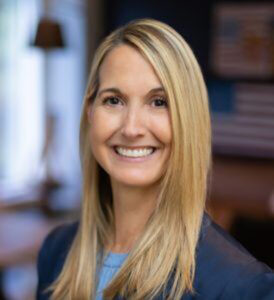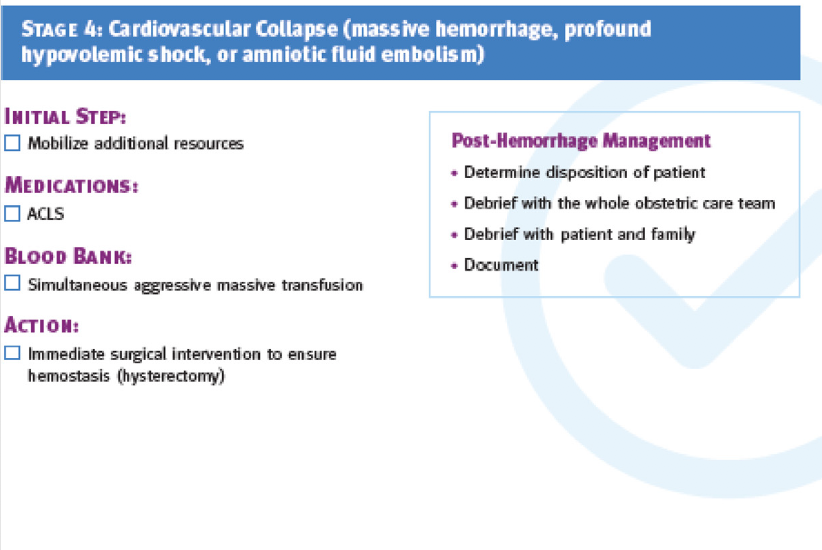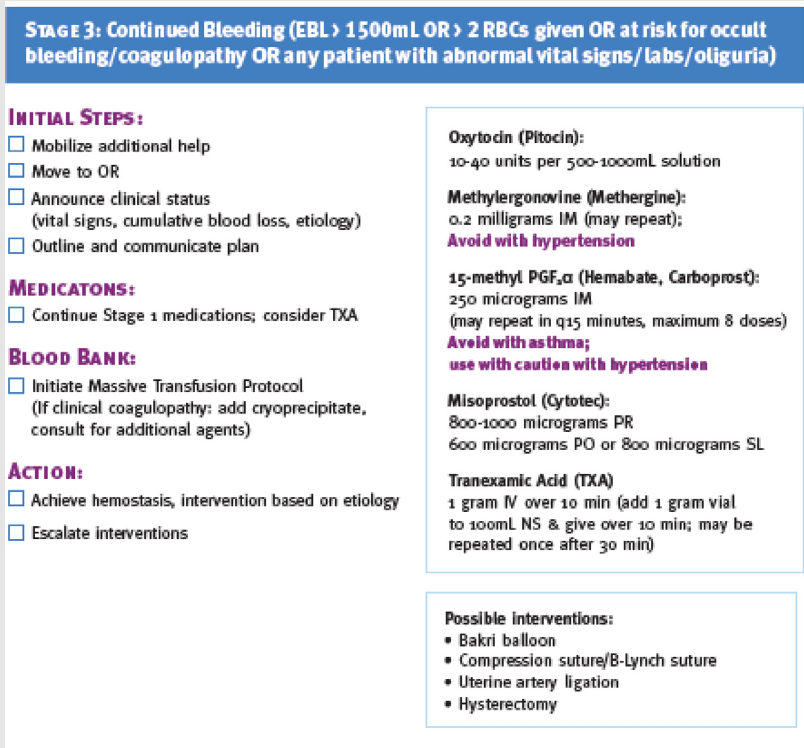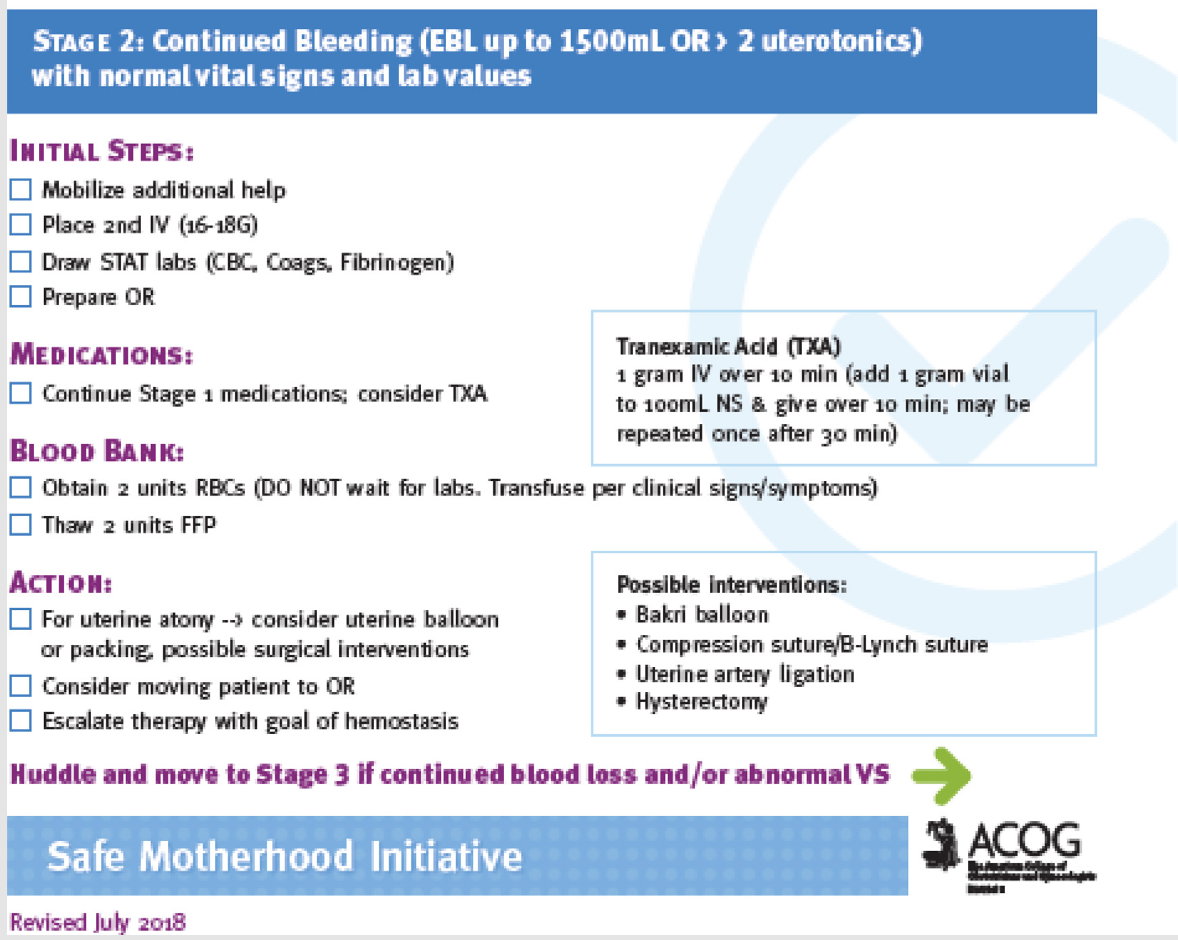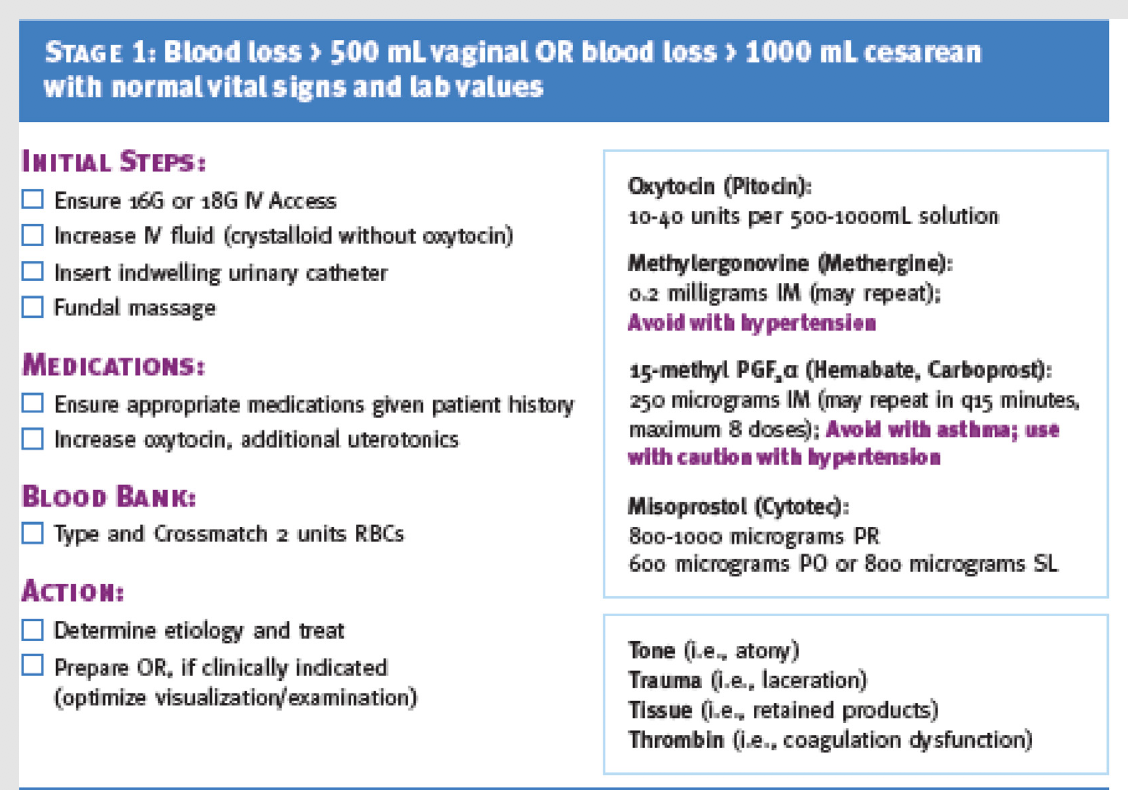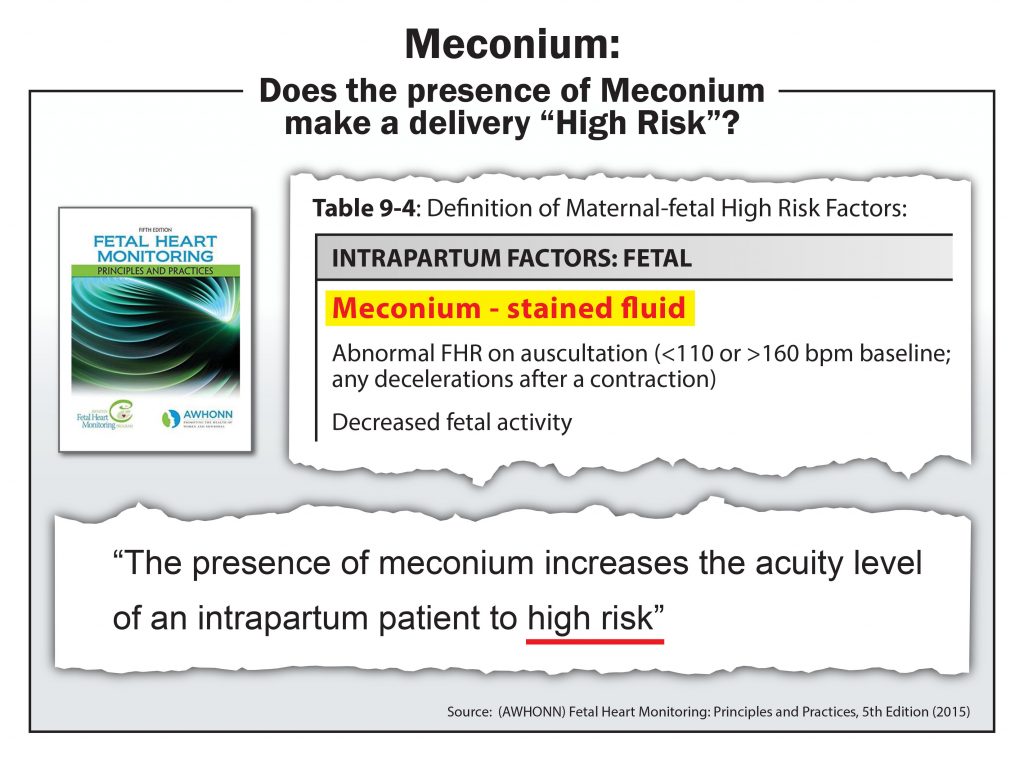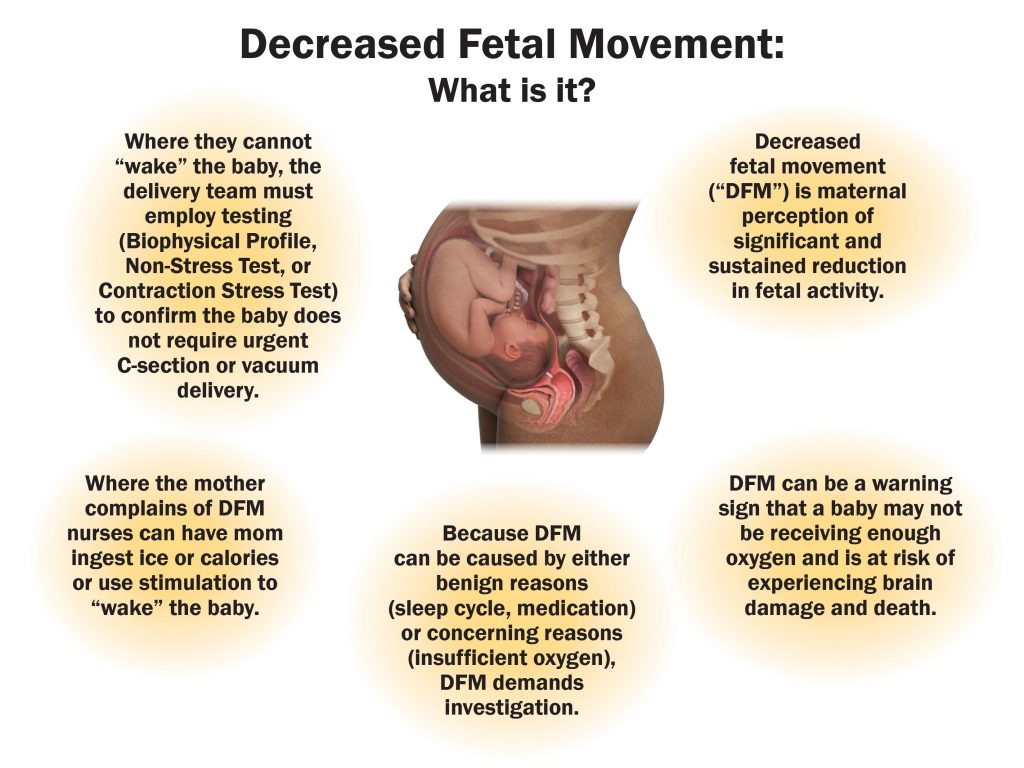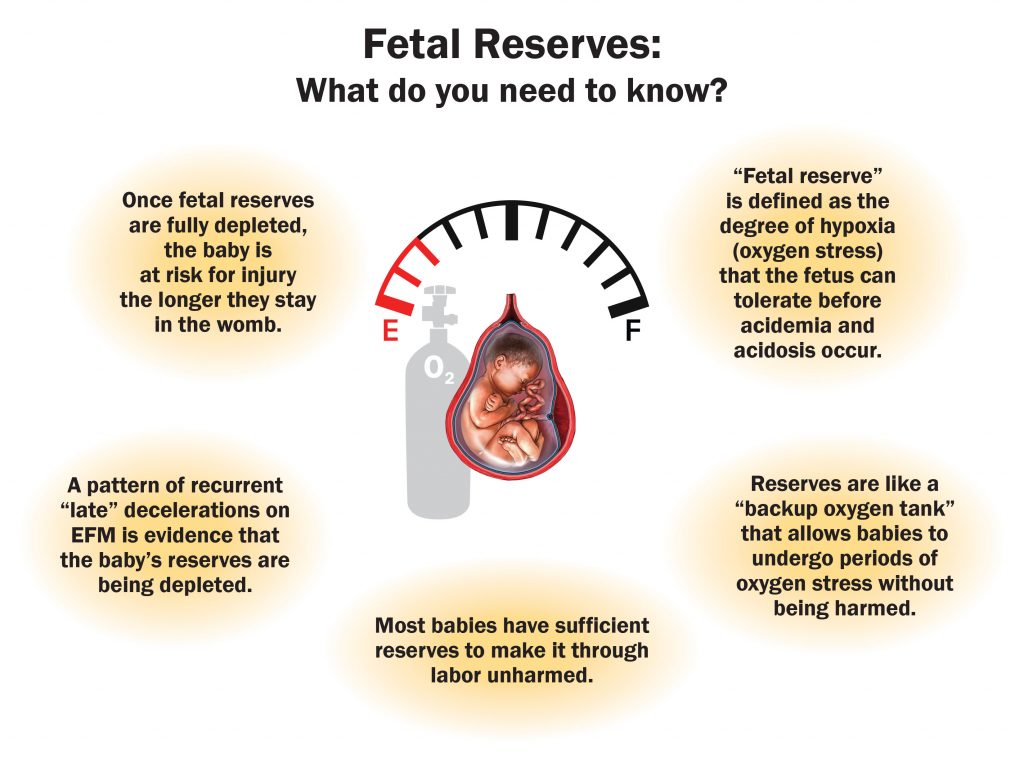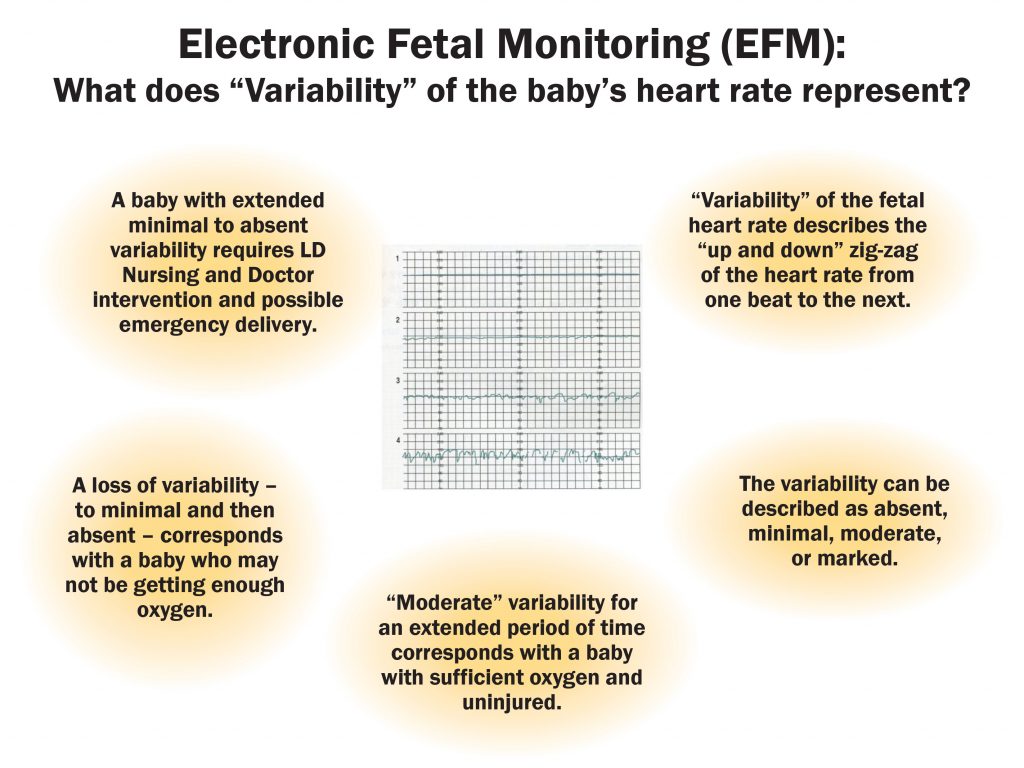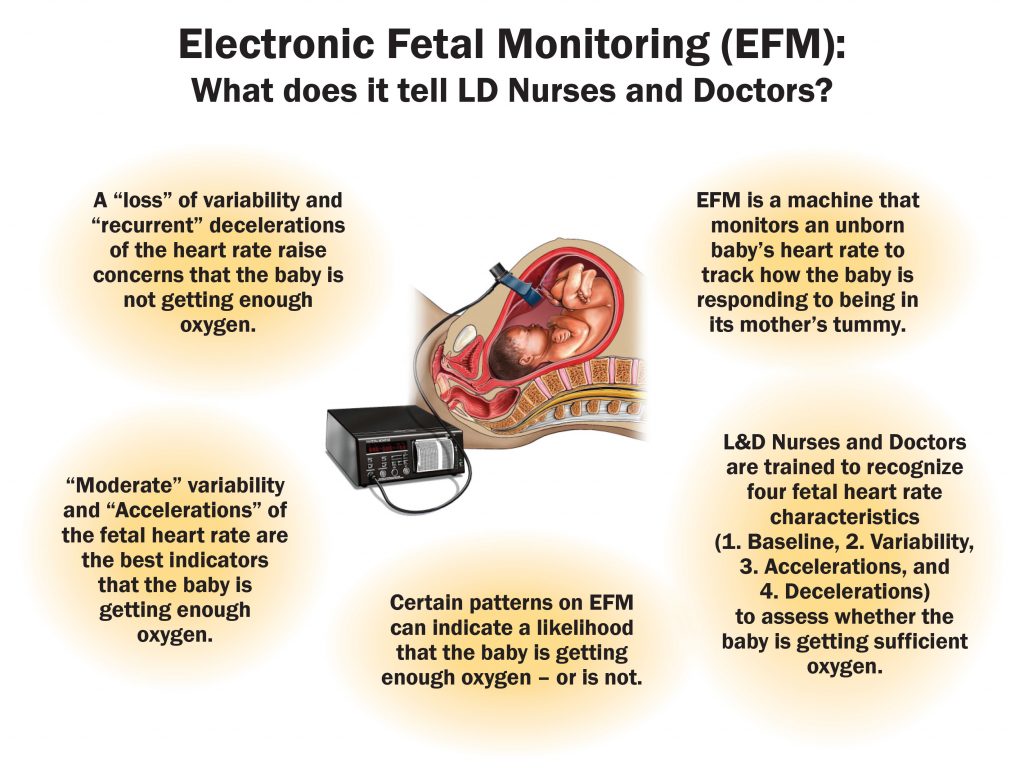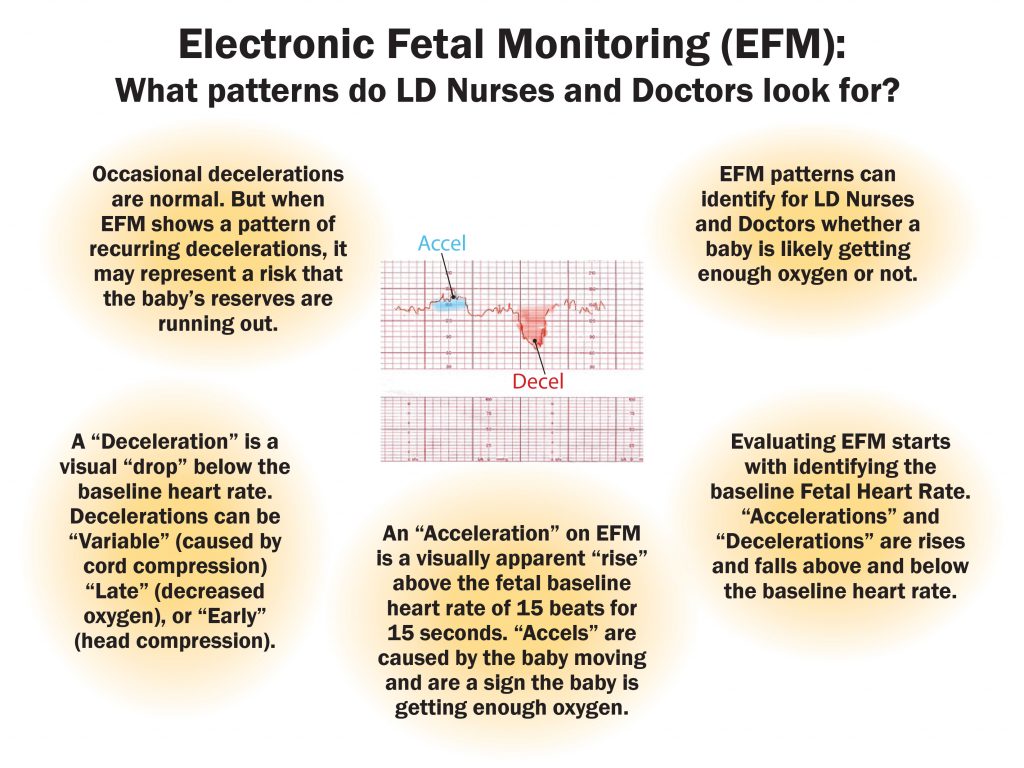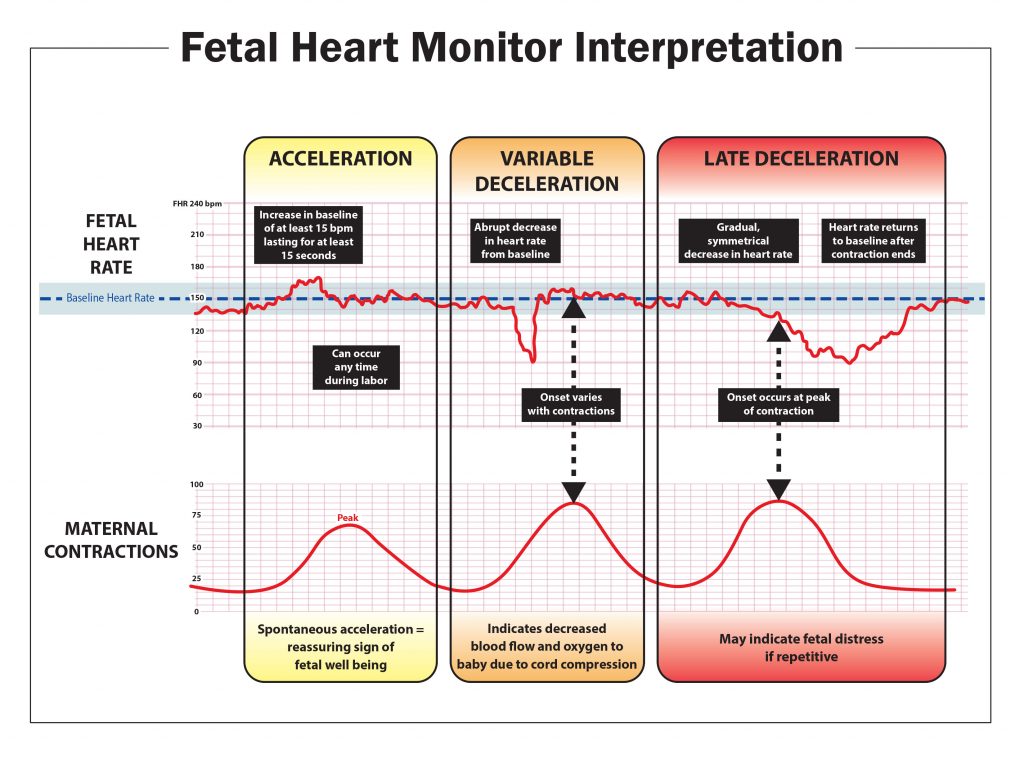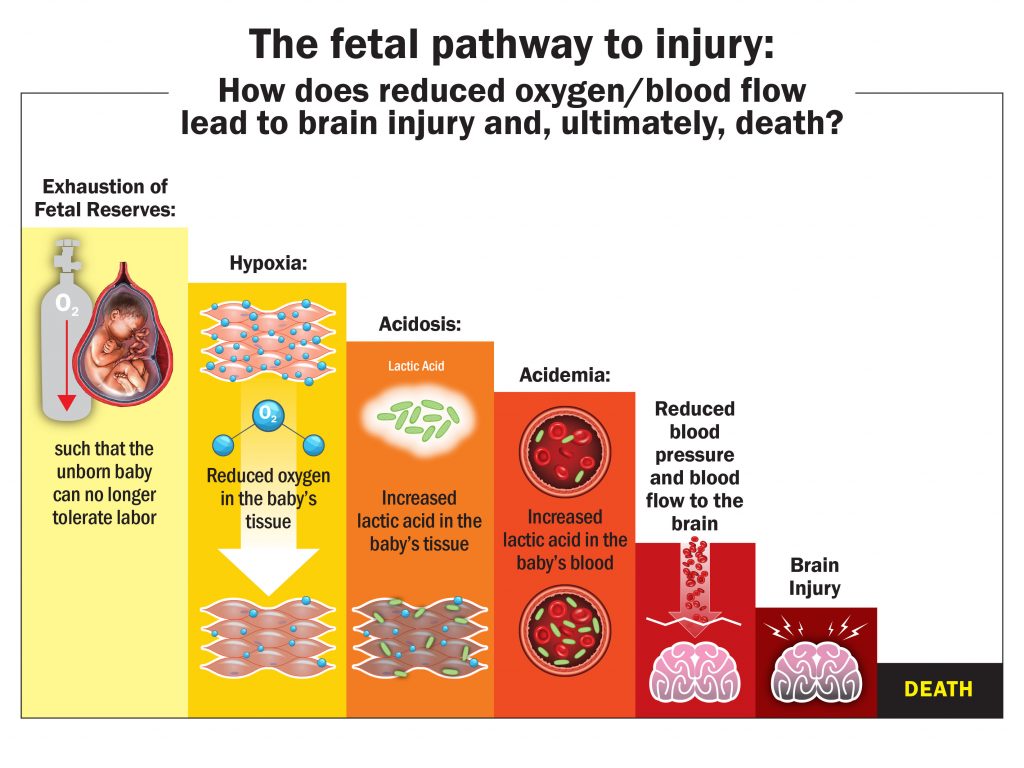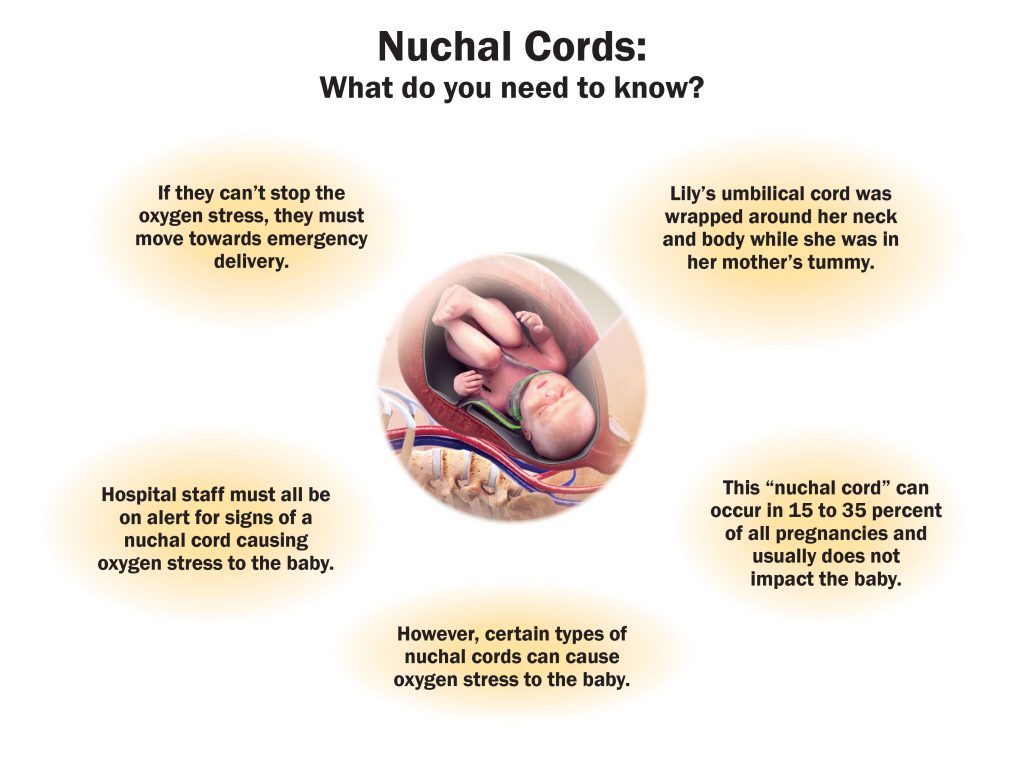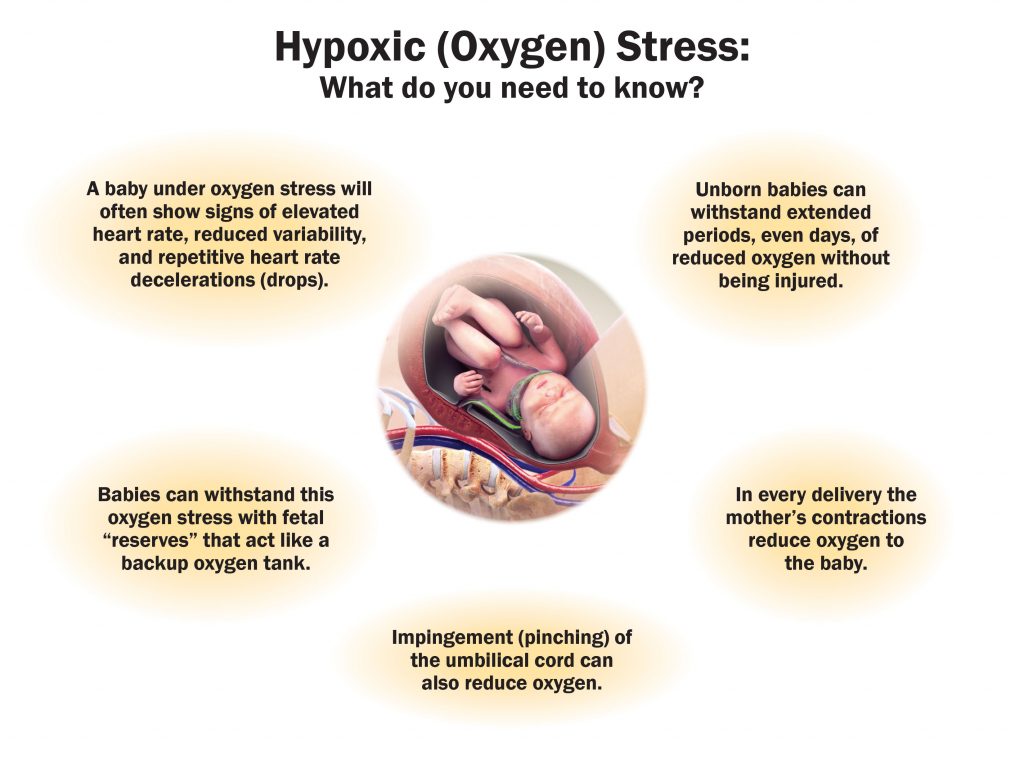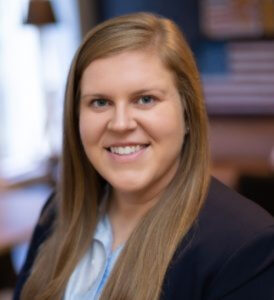The law in Georgia provides different categories of claims against landowners in situations where the negligence of the landowner has resulted in an individual who is on their property getting injured. Two of these categories are “Premises” claims and “Inadequate Security” claims. Nelson Tyrone has represented clients successfully in lawsuits of both types. In fact, Nelson has won some of the largest jury verdicts in Georgia. In 2010, in a jury trial in Cobb County, Nelson obtained the largest Premises Claim in the state of Georgia.
Below we have outlined an overview of Dangerous Premises lawsuits in the state of Georgia. Please bear in mind that this is only a general overview, because the law is complicated. Before you choose an attorney to represent you in something as complex as bringing a Premises Claim lawsuit, it’s imperative that you compare lawyers and make an informed choice. If your lawsuit is successful, it will provide your family and you with money for medical expenses and reimbursement for past medical expenses, lost wages, and the pain and suffering that have resulted from the incident.
Premises Claims – Generally:
The law in Georgia provides a legal claim when an individual suffers an injury when they are on the property of another person. The claimant must prove that the owner of the property (1) knew about the danger on their property, and (2) that they did not take action to repair or remove the dangerous element, and did not give warning to the individual entering their property in regards to the danger. One important thing to note in regards to Georgia law: it does not automatically provide a claim in ALL situations where someone is injured while on the property of another. Another way to say this is that Georgia courts have held that “the landowner is not the insurer of persons who come onto their property”. Thus, your attorney must be an expert in knowing what evidence needs to be gathered in order to show the landowner’s previous knowledge of the danger and that they did not act in a reasonable manner to correct the danger or warn the person entering their property. If each of these elements cannot be established, the lawsuit will end shortly after it has begun.
Slips, Trips and Falls:
There are many different types of accidents that result in a Premises claim, one of the more common being slips and falls. In these type cases, the same elements as described generally above apply. The claimant must prove that the owner of the property (1) knew about the danger on their property, and (2) that they did not take action to repair or remove the dangerous element, and did not give warning to the individual entering their property in regards to the danger.
But in addition to these elements, Trip and Fall situations usually require a specialized expertise in whatever the mechanism or device was that caused the accident. Perhaps the individual was hurt when they tripped on something that was left in the floor, for instance, a puddle of water in the aisle of a grocery store. The trip or fall could also be as a result of a flooring defect, or a defect in the entrance area or stairway. When this is the case, we hire whatever experts are required, whether it be in architecture, building codes, or construction. We work hand in hand with them to establish the liability of the landowner.
Dangerous Premises – Crime Victims and “Inadequate Security” Cases:
An area where we have developed particular expertise is in the area of “Inadequate Security” claims. Georgia Law provides a recovery for crime victims who are injured on a landowner’s property who can show that the landowner did not provide adequate security to protect them. The question of what is “adequate” security under the law requires the same legal analysis as other “non-security” premises claims. Put another way, for a crime victim to recover under the law they can only be successful in their legal claim where they can prove that the property owner (1) had superior knowledge of a danger (crime) on their property, and that the property owner (2) did not take reasonable steps to provide security against the danger, or warn the person coming onto their property about the danger.
Inadequate security cases require the lawyer to have an understanding of both Civil law and procedure and Criminal law. Nelson Tyrone has handled cases both as a Prosecutor in Dekalb County and as a Criminal Defense lawyer for one of the top firms in Georgia, Garland, Samuel & Loeb, before taking on Inadequate Security cases on behalf of crime victims. It is this experience with law enforcement, crime scene analysis, security analysis and criminal law that makes the Tyrone Law Firm uniquely positioned to handle claims on behalf of crime victims in Inadequate Security cases. We have access to the leading crime and security experts and routinely involve law enforcement and former officers in our investigation on behalf of our clients.
Developing the “story” of the client’s injury and loss:
Georgia is different from many states in that the client’s injury is considered not from the perspective of “any person” or “how the juror perceives the injury”, but how the injured person values their own injury and the monetary value the injured person would put on their own injury. While it might seem obvious that each of us would value our own injury to the highest dollar amount, to the law, this not the case. In fact, the message behind this particular point of view is that “each person may put a different value on their injury”. Put another way “each injury and each person is different”.
The lawyer must gather evidence of what the client values in life and how their injury has impacted them. Has their injury impacted their contact with their family? What if they have no family? Has their injury impacted the activities in their life? What if the person was not active?
This is where the lawyer’s skill in putting on evidence – in fact, putting on “the story” of the client’s life – and how the injury has impacted them (not how it might impact someone else) is critical. At the Tyrone Law Firm, we have developed an expertise in this process. We employ the methods of a family therapist to discover the story of the person and how they lived their life. (In fact, we routinely use psychologists to work with us in “discovering” the client’s story). We employ the methods used by screenwriters, actors and directors to determine how to best tell the story of the client’s case. (In fact, we routinely use screenwriters and directors to help us craft the story – the witnesses, pieces of evidence and “scenes” from the client’s life that we will put before the jury).
Why we are “trial-focused” and “jury-focused”?
Clients often ask us “why so much talk about the trial or the jury if I really am hoping you can settle my case without a trial?” The answer is simple. Corporations and Insurance Companies (who are most often the Defendants in our client’s cases) will not pay a penny more than they think they will be forced to pay. When we make a settlement demand on behalf of our client, the insurance company does not pay because they are being nice. They only pay because they believe they will have to. Here is the important part: corporations and insurance companies will pay different amounts to different lawyers based on how afraid they are of the lawyer’s ability at trial. Many lawyers who handle personal injury and wrongful death lawsuits always settle their client’s cases without trial – no matter what. Insurance companies are not going to pay the full value of any claim to a lawyer who is willing to settle their client’s case at a discount. They will only pay top value to a lawyer who (1) has a reputation for taking client’s cases to trial and recovering large jury verdicts, and (2) who has prepared the specific case before them for trial.
This is why we focus on trial. This is why we focus on juries. By preparing all of our clients’ cases for trial, we send a message to insurance companies that they will not be able to settle our client’s case for a discount. They can either pay a premium to settle our client’s case, or face a jury trial. Because of our expertise in presenting our clients’ cases to juries, we believe the juries will force them to pay a premium at trial. Either way, they will pay our client full compensation. We will never give them a discount.
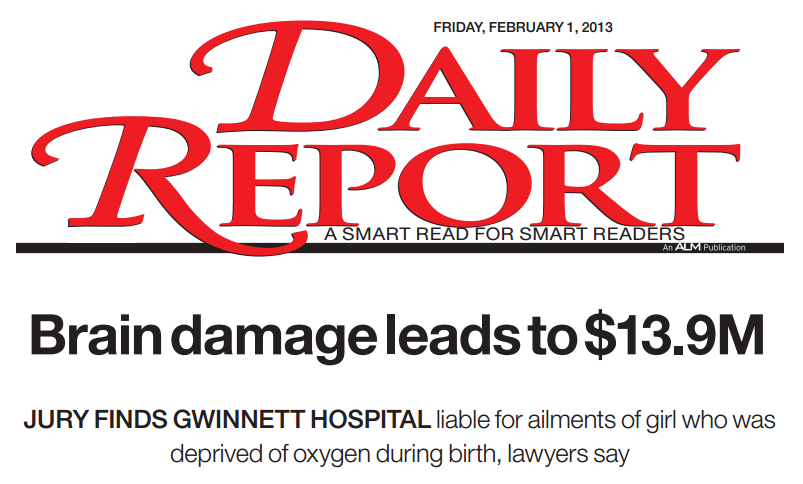
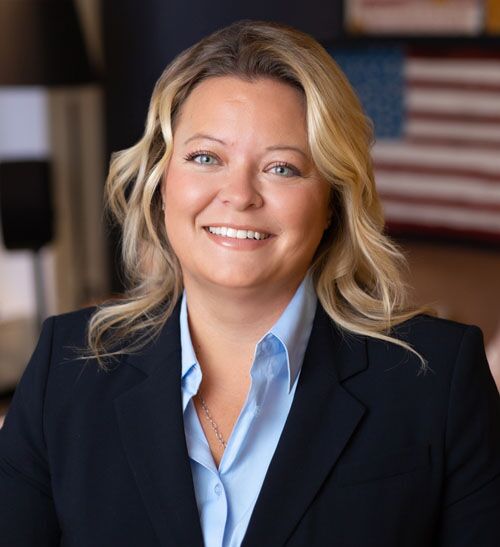
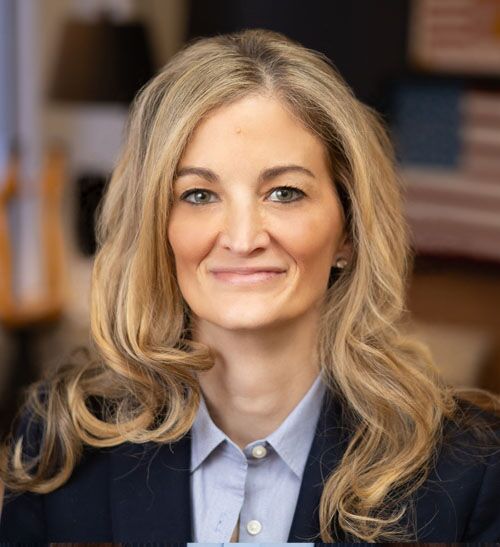
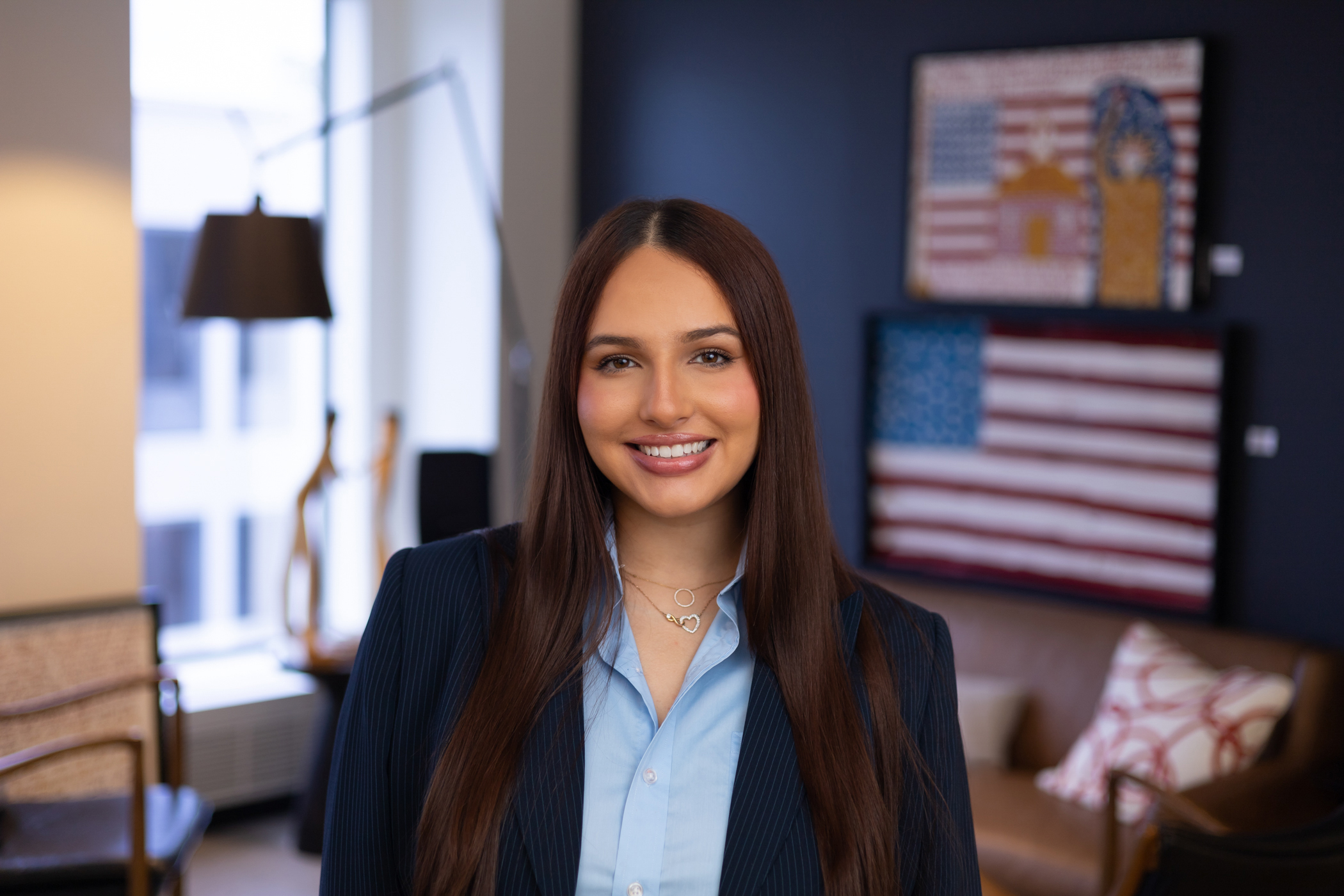
 Hayley serves as a Labor and Delivery Nurse Consultant for the Tyrone Law Firm. She attended and graduated Cum Laude from the University of Georgia in 2004 with a Bachelor of Arts degree in Journalism/Public Relations. After graduation she moved to the gulf coast where she pursued a career in real estate and development.
Hayley serves as a Labor and Delivery Nurse Consultant for the Tyrone Law Firm. She attended and graduated Cum Laude from the University of Georgia in 2004 with a Bachelor of Arts degree in Journalism/Public Relations. After graduation she moved to the gulf coast where she pursued a career in real estate and development.